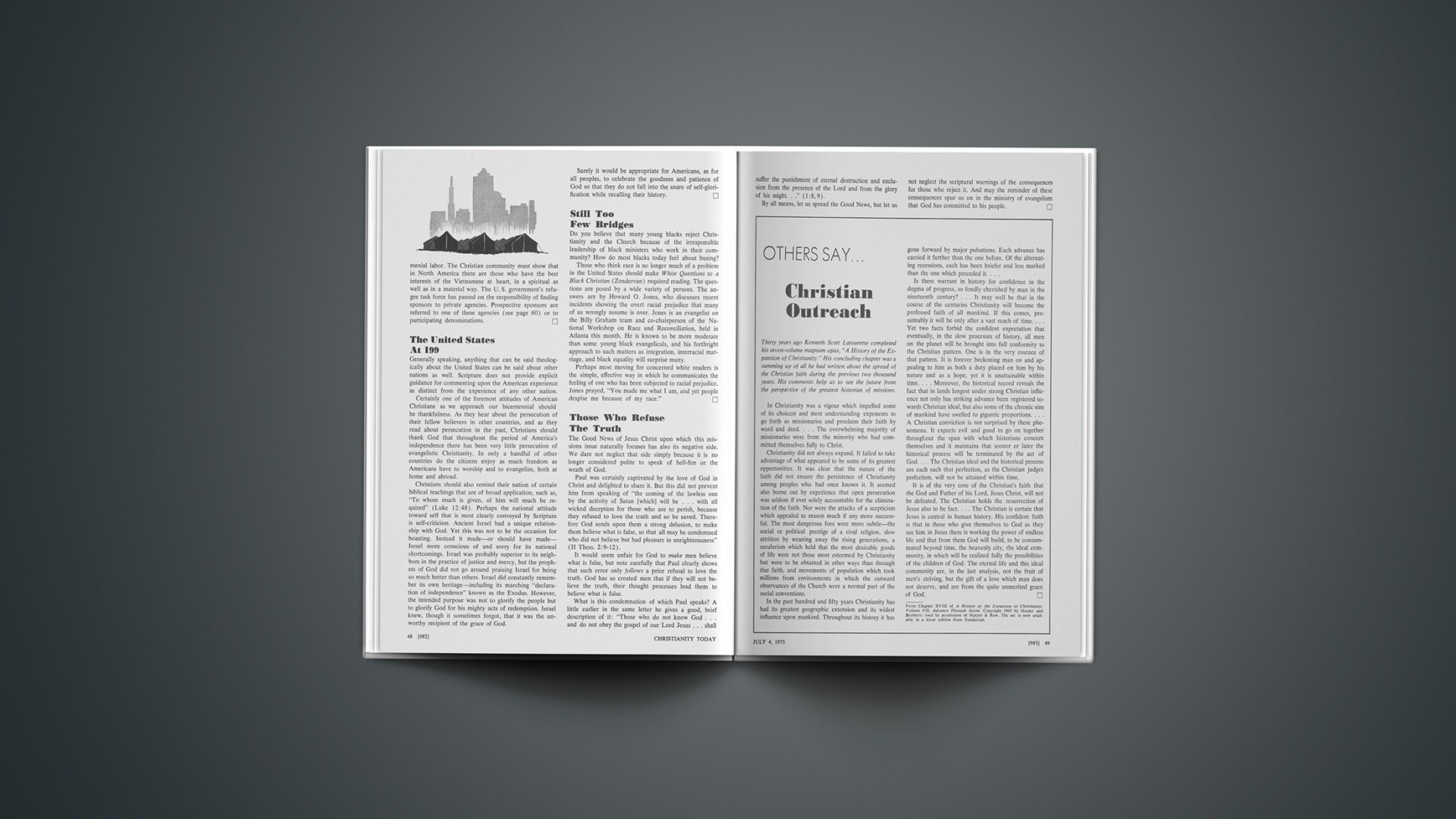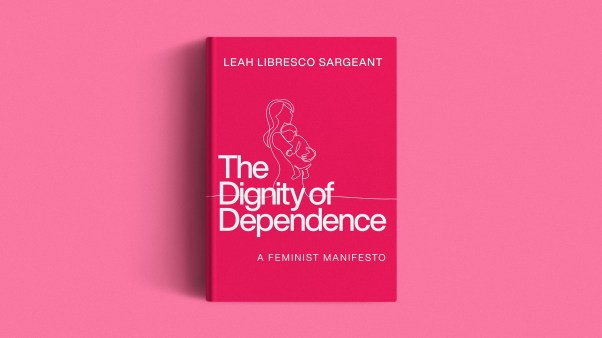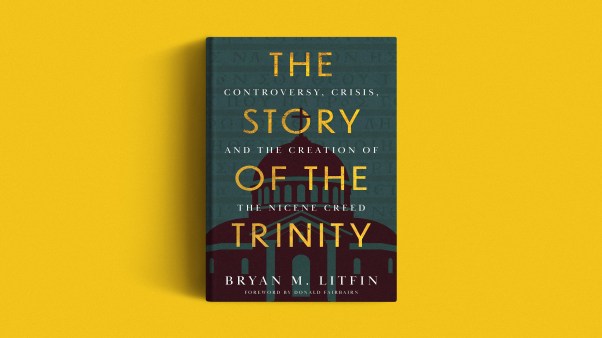In the creation account nobody speaks but God until Adam is enlisted to name the lower animals that yield him no partner and then recognizes Eve as his divinely fashioned helpmeet. When Eve appears in silent splendor, escorted by the Lord, she elicits Adam’s exclamation of awe and gratitude: “Now this, at last—bone from my bones, flesh from my flesh!—this shall be called woman, for from man was this taken” (Gen. 2:23, NEB).
God did not bless his completed new work until he had created both male and female in his own image, declaring his creation now to be “very good” (Gen. 1:26–31). Adam’s need for a helpmeet for earthly life was one that he himself obviously could not meet; only God could provide a counterpart essentially similar yet necessarily different. Not of dust nor of the lower animals but of Adam’s own rib God forms the helpmeet; in her essential being she is part of Adam. Man’s role in the creation of Eve is one of patient passivity; Adam’s deep sleep emphasizes that God alone creatively established human bisexuality in unity.
When first recorded as speaking wholly on her own, in costly conversation with Satan, Eve yields to temptation and implicates Adam (Gen. 3:6). It is the man whom God nevertheless singles out and addresses: “He called to the man … ‘where are you?’ ” (v. 9). Much as Adam blames “the woman you gave me for a companion” (v. 13), mankind is repeatedly in Scripture said to have sinned and fallen in Adam as divinely designated head of Eve and of the race (cf. Rom. 5:12 ff.).
Whatever other distinctions enter into man and woman relations, these facts at least are basic: (1) God determines man’s and woman’s existence and station; (2) woman made from man (1 Cor. 11:8) is not inferior to him but indispensable to the completeness of humanity and therefore stands no less than man at the climax of creation; (3) woman presented by God to man is in her silent dignity spontaneously recognized by Adam as his divinely formed helpmeet; (4) marriage is a creation analogue of a redemption-mystery involving Yahweh and Israel and Christ and the Church (cf. Eph. 5:30–33); (5) in the garden Adam and Eve had nothing to hide; they were wholly open with each other, spiritually, morally, and physically; they were naked but not ashamed.
Today man and woman have a great deal to hide. The battle between the sexes began with the Fall, which shattered the divinely intended role of Adam to be God’s viceregent in the home, and that of Eve to live in marital obedience. Instead of a God-oriented family distinguished by a spiritually receptive and responsible Adam and a deferentially observant Eve who acknowledges that in God’s creation-order man is first, and who by her devout presence “wins over, without a word” (cf. 1 Pet. 3:1), we witness a revolt by both man and woman against this creation-order and the consequent forfeiture of its redemption-restoration.
The Bible nowhere teaches male superiority and supremacy and female inferiority and servility. What the Bible pattern establishes instead is the indispensability under God of man and woman to each other in the context not only of society but also of the home as its basic unit. God’s superiority is the fundamental emphasis (cf. 1 Cor. 11:11, 12, “God is the source of all”). Paul expounds this divinely intended order in a Corinthian milieu where, contrary to the practice in Christian churches, a strong effort was under way to introduce a confused equality.
Equality in Christ, Paul insists, destroys neither apostolic authority in the Christian community as a determination of the crucified and risen Lord, nor the order that God intends between man and woman in the home and in the church. Identical yet different by creation, man and woman have by nature different physical and psychological needs and even in the realm of redemption are intended for special roles, symbolized in the early churches by the distinction between uncovered and covered heads. Jews and Romans covered their heads when worshiping, although Greeks did not; when Paul uncovers the heads of males he does so for a biblical and not a Greek principle. At stake is the acceptance or rejection of a divinely established order; to annul this order leads finally to rejection not only of apostolic authority but also of divine authority. The man has God in authority over him as responsible head in the home and attests this by the uncovered head in worship; the woman on the other hand covers her head and thus acknowledges that she is not head but that her answerability to God involves also a responsible earthly head equally accountable to God.
This does not mean that woman has a double intermediary between herself and God. For, as Karl Barth commented, both “the superordination of man” and “the subordination of woman” are “grounded and explained in Christ” (Church Dogmatics, II/2, p. 311). Barth emphasizes that Jesus Christ is at once “the sum of all superordination” whose divine authority overarches man’s, and “the sum of all humility before God” whose humbling in human nature far surpasses woman’s. The woman’s proper subordination to the authority of man under God is sanctified by the subordination of Jesus Christ to God in which he stands in the place of both man and woman.
None of this in the least justifies discrimination against women in areas such as legal rights, work opportunities, and wages, or the exploitation of women as sex objects. The New Testament does not defer to the ancient pagan and in some cases also Jewish concept that wives have no rights. Submission of wives to their husbands is to be “fitting in the Lord” (Col. 3:18); any implication of inferiority is ruled out by the parallel injunction that husbands love their wives (v. 19), indeed, “as their own selves” and as Christ loves the Church (Eph. 5:25–33).
Discussion of women’s liberation is doubly distorted today from the Christian standpoint because the debate occurs in a context in which modern man—even the supposedly Christian man—fails woefully to reflect what responsible authority in the home implies. Even Christian women’s libbers therefore reflect a reaction to an inordinate male liberation that flees answerability to God for man’s role and responsibilities. Male criticism of women’s lib is voiced not from the apostolic standpoint of the responsible yet free Christian man, but rather from the murky perspective of one who sees woman more as competitor than as companion. Instead of the responsibly authoritative head and the solicitous helpmeet, we then have the garrulous male seeking to silence the woman. While he would subject woman to his domination, he neglects God’s dominion over his own life.
If it is no little thing for woman to take the place God has assigned her in the home and in the church, it is no little thing either for man to take his God-intended place. The Bible provides no excuse for overrated man or devalued woman.










